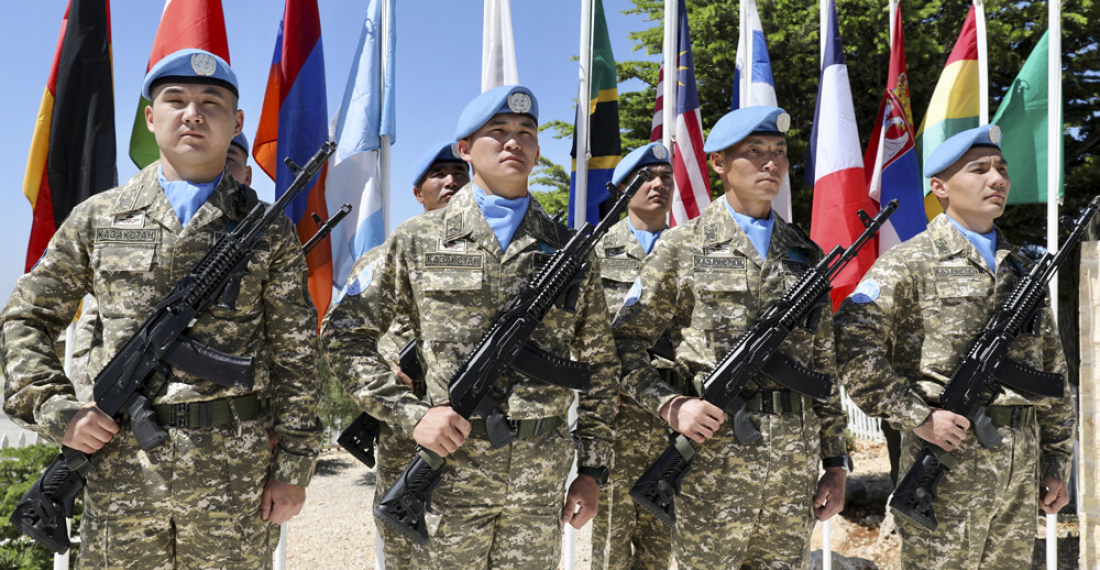The Ministry of Defence of Kazakhstan plans to deploy a further 120 Kazakh peacekeepers for a six-month UN peacekeeping mission in Lebanon. In February 2021, the unit will join the United Nations Interim Force in Lebanon (UNIFIL) to patrol a 16-kilometre section of the Lebanese-Israeli border. This will be the fifth unit of Kazakh peacekeepers to join UNIFIL, with the first deployment taking place in 2018.
Astana News reports that the peacekeepers will serve at checkpoints, protecting and strengthening military bases. The military personnel will arrive in Lebanon in two stages during the quarantine period. Upon returning to Kazakhstan, all military personnel will stay in quarantine for two weeks.
Last week, Kazakh President Kassym-Jomart Tokayev, who serves as the country’s Commander-in-Chief, expressed a willingness to expand the participation of his country's armed forces in United Nations peacekeeping missions. Kazakh peacekeepers have also served in Tajikistan and Iraq, and are currently serving in the Western Sahara and Côte d'Ivoire.







